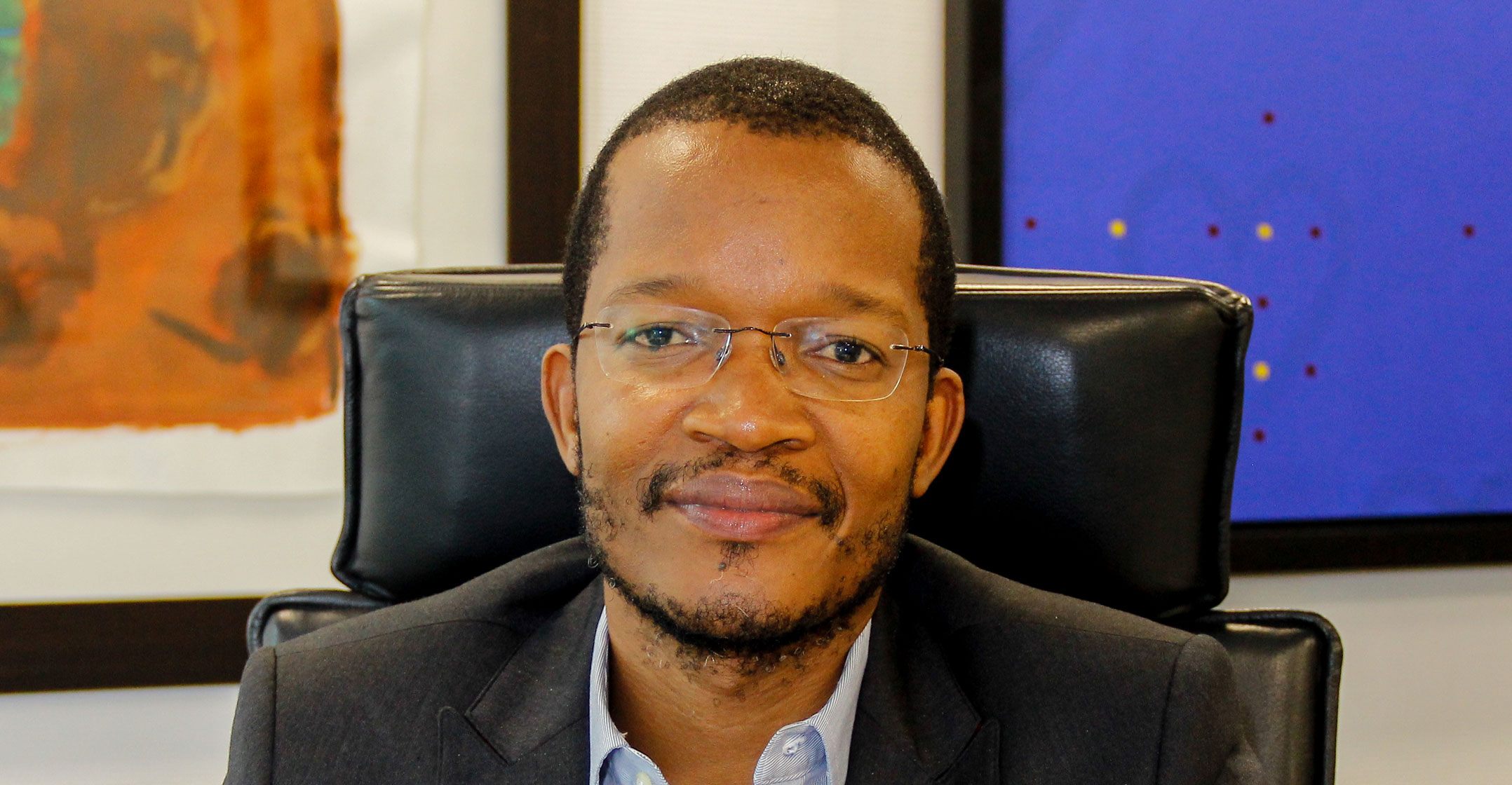
Government must trust the free market to drive down prices and not create a new infrastructure monopoly by giving all unassigned broadband spectrum to a new wholesale operator.
That’s the message from MTN South Africa CEO, Godfrey Motsa, who warned officials from the department of telecommunications & postal services at a workshop in Pretoria on Wednesday that the Electronic Communications Amendment Bill could strangle the sector.
He said the mobile operators have delivered access to the vast majority of South Africans. He said MTN’s 2G network coverage now reaches 99% of the population, while 3G is at 98% and 4G/LTE is at 71%. He said a lack of new spectrum is holding back the company from delivering universal 4G coverage.
“With more spectrum, we will improve speeds and sell bigger data at lower prices,” Motsa said. “The main reason prices are high is because we don’t have spectrum.”
Government is threatening to withhold future spectrum assignments from commercial operators, instead directing it to a new, private sector-led wholesale open-access network (Woan), from which the operators will be expected to procure access. Motsa said this will create a new monopoly in the sector to the detriment of the industry and consumers.
Rather than creating an infrastructure monopoly in the proposed Woan, spectrum should be released to the operators with conditions attached. “Put conditions for us to accelerate transformation,” he said. “That’s where the juice is. We are squeezing in the wrong place.”
He emphasised that competition is just as important at the infrastructure level as it is as the services layer. Government wants to encourage competition in services, rather than infrastructure, in an effort to, among other things, reduce duplication. But Motsa said that of MTN’s 11 000 towers, 7 000 are already shared with others.
He said that even in China, the country’s three big mobile operators all compete on an infrastructure level.
No to a monopoly
“A monopoly will never deliver a quality network. We saw that for a long time until 1994. Today, a South African household has better access to the Internet than they do to water or electricity. We cannot introduce a monopoly into this sector and still expect we can deliver quality networks,” he said.
He also decried a plan by government to force operators to open their networks to rivals at cost. “Why would we spend R10bn/year and give that infrastructure to someone at a zero mark-up? Who goes into business to sell things at cost? People just won’t build (networks).”
Motsa blasted a proposal in the bill that operators be forced at some point to hand back their existing spectrum assignments, the ones they have used to build their 2G, 3G and 4G networks. He said government’s approach is that spectrum should be returned as if the operators had somehow “stolen it”.
“Why are we thinking this way? We have spent tens of billions of rand building infrastructure. You take away the spectrum, then the towers, the radio, the fibre, it’s worth nothing.”
He said the amendment bill flies in the face of the National Development Plan, which states that spectrum allocation should be based on competition. “We believe the bill as proposed today is against the NDP.”
Also, the proposed Woan is riddled with “vagueness and ambiguity”, Motsa said. He said there is a place for a Woan-type network, but it should under no circumstances be given a monopoly by assigning it all future spectrum assets. There is sufficient spectrum to allow for infrastructure competition.
“Please trust the market forces, trust competition, for us to be able to solve a lot of these things (government wants to address),” he said. — © 2018 NewsCentral Media




